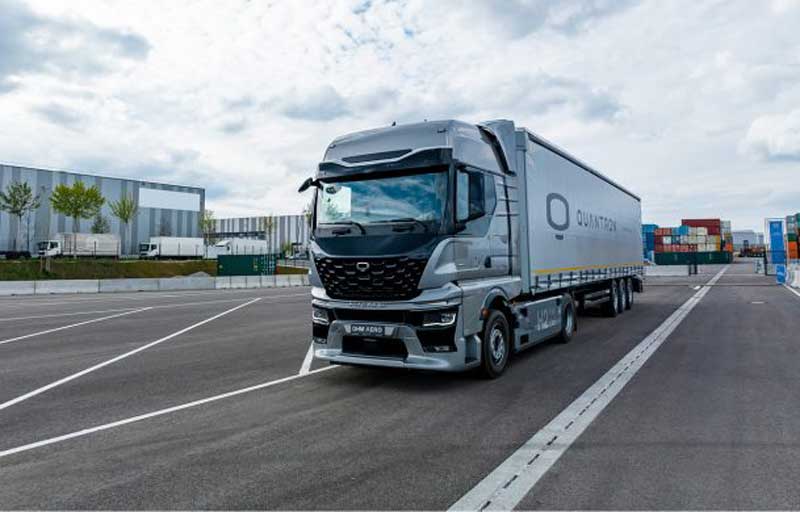CEOs from across the automotive value chain came together for a meeting with the European Commission to align on the priorities for a solid recovery plan for the automotive sector, with a view to stimulating the wider economy and bolstering the transformation to a carbon-neutral society.
CEOs of vehicle manufacturers and component suppliers, as well as their respective associations – the European Automobile Manufacturers’ Association (ACEA) and the European Association of Automotive Suppliers (CLEPA) – held constructive discussions with Frans Timmermans, the Commission’s Executive Vice-President for the Green Deal, and Thierry Breton, Commissioner for Internal Market, during a conference call yesterday evening.
With extended factory closures across Europe, a loss in production of 2.4 million vehicles so far and car sales down by more than 95% in major EU markets last month, the whole sector is at risk of liquidity shortages and sees its performance threatened for some time to come. The situation in the automotive industry has a significant knock-on effect on other parts of the economy.
“The number one priority of the industry is to re-launch the market, thereby enabling production to resume at manufacturing sites across the EU,” stated ACEA Director General, Eric-Mark Huitema. “Given the near-total collapse in sales, it will be crucial to provide a strong market stimulus to enable vehicle makers to fully re-open production facilities and keep people in jobs.”
During the meeting, ACEA and CLEPA called on the European Commission to coordinate national fleet renewal schemes to ensure that the market conditions are harmonised across the continent, and to supplement these with the EU budget.
“As we work on putting the wheels back in motion, we must look for win-win solutions, addressing the pressing environmental, industrial and broader societal needs,” said Sigrid de Vries, CLEPA Secretary General. “The purpose of recovery measures should therefore be two-fold: to re-start the industry and to employ the full range of technology solutions that are available and needed for carbon-neutrality. Hand in hand with investments in renewable energy carriers and infrastructure, this will propel the Green Deal as well as safeguard employment and industrial activity in Europe.”
Although vehicle and component production is slowly starting to pick up again, there are huge discrepancies amongst member states. This is hampering the recovery of an industry that depends on supply chains spanning right across the European continent. The CEOs therefore re-iterated their plea for a coordinated re-start of activities and investments along the entire value chain.










